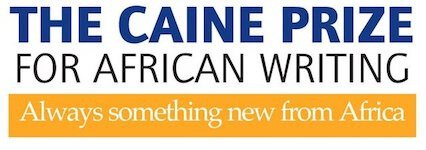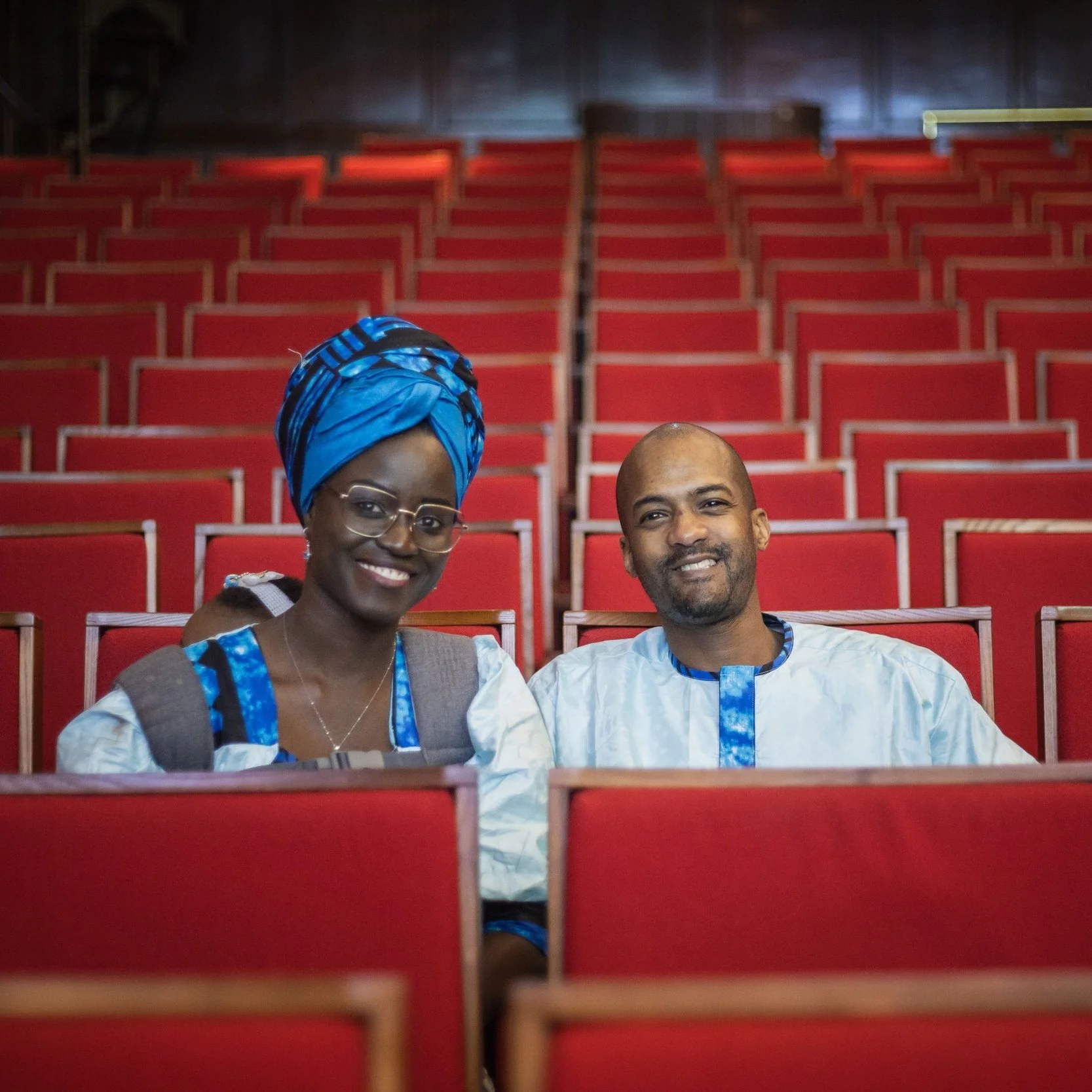London, 20 May 2019 - The shortlist for the 2019 Caine Prize for African Writing has been announced, featuring stories that tackle “the ordinary in an extraordinary manner” and celebrate the diversity of the African short-story writing tradition for the twentieth edition of the Prize.
The five-writer shortlist, which includes authors from Cameroon, Ethiopia, Kenya and Nigeria, was announced by this year’s Chair of judges, Kenyan author Dr Peter Kimani.
Kimani, author of the award-winning novel Dance of the Jakaranda, said: “This is a special year for the Caine Prize for African Writing, as it marks its twentieth anniversary. It’s a milestone that affords for both a reflection on the past, and a projection into the future.
“Without exception, past Caine Prize winners have been revolutionary and evolutionary— breaking fresh ground, while pushing the African story from the margins to the mainstream of world literature.
“The five writers on this year’s shortlist carry on with that tradition, not just in their inventiveness in imagining the world, but also in tackling the ordinary in an extraordinary manner, in a wide-range of issues: gender and generation; home and exile; sexuality and religion; love and hate; happiness and heartbreak.”
The shortlisted writers for the 2019 Caine Prize are:
Lesley Nneka Arimah (Nigeria) for ‘Skinned’, published in McSweeney’s Quarterly Concern, Issue 53 (2018).
Meron Hadero (Ethiopia) for ‘The Wall’, published in McSweeney’s Quarterly Concern, Issue 52 (2018).
Cherrie Kandie (Kenya) for ‘Sew My Mouth’, published in ID Identity: New Short Fiction From Africa (2018).
Ngwah-Mbo Nana Nkweti (Cameroon) for ‘It Takes A Village Some Say’, published in The Baffler (2017).
Tochukwu Emmanuel Okafor (Nigeria) for ‘All Our Lives’, published in ID Identity: New Short Fiction From Africa (2018).
Further information about the writers, and the programme of public events and readings, will be available on the Caine Prize website.
Joining Dr Peter Kimani on the 2019 judging panel are Sefi Atta, Nigerian author and playwright shortlisted for the 2006 Caine Prize; Margie Orford, acclaimed author hailed as the “queen of South African crime-thriller writers”; Scott Taylor, professor, and director of the African Studies Program at Georgetown University; and Olufemi Terry, Sierra Leone-born author and winner of the 2010 Caine Prize.
The winner of this year's £10,000 prize will be announced at an award ceremony and dinner in the Beveridge Hall at Senate House, SOAS, on Monday 8 July 2019 – in partnership with SOAS, University of London. Each shortlisted writer will also receive £500.
The shortlisted stories will be printed by New Internationalist in a special publication to mark the twentieth Caine Prize award dinner, and through co-publishers in 16 African countries who receive a print-ready PDF free of charge.
This year, the Caine Prize is publishing a special anniversary anthology to mark its twentieth year and award.
ENDS
Notes to Editors
The Caine Prize, awarded annually for African creative writing, is named after the late Sir Michael Caine, former Chairman of Booker plc and Chairman of the Booker Prize management committee for nearly 25 years.
The Prize is awarded for a short story by an African writer published in English (indicative length 3,000 to 10,000 words). An African writer is taken to mean someone who was born in Africa, or who is a national of an African country, or who has a parent who is African by birth or nationality.
The African winners of the Nobel Prize for Literature, Wole Soyinka and J M Coetzee, are Patrons of The Caine Prize. Baroness Nicholson of Winterbourne is President of the Council, Ben Okri OBE is Vice President, Ellah Wakatama Allfrey OBE is the Chairperson, Adam Freudenheim is Deputy Chairperson, and Dele Fatunla is the Administrator of the Prize.
Previous winners are Sudan’s Leila Aboulela (2000), Nigerian Helon Habila (2001), Kenyan Binyavanga Wainaina (2002), Kenyan Yvonne Owuor (2003), Zimbabwean Brian Chikwava (2004), Nigerian Segun Afolabi (2005), South African Mary Watson (2006), Ugandan Monica Arac de Nyeko (2007), South African Henrietta Rose-Innes (2008), Nigerian EC Osondu (2009), Sierra Leonean Olufemi Terry (2010), Zimbabwean NoViolet Bulawayo (2011), Nigerian Rotimi Babatunde (2012), Nigerian Tope Folarin (2013), Kenyan Okwiri Oduor (2014), Zambian Namwali Serpell (2015), South African Lidudumalingani (2016), Sudanese Bushra al-Fadil (2017), and Kenyan writer Makena Onjerika (2018).
The five shortlisted stories are published annually by New Internationalist (UK), Interlink Publishing (USA), Jacana Media (South Africa), Lantern Books (Nigeria), Kwani? (Kenya), Sub-Saharan Publishers (Ghana), FEMRITE (Uganda), ‘amaBooks (Zimbabwe), Mkuki na Nyota (Tanzania), Redsea Cultural Foundation (Somaliland, Somalia, Djibouti, Ethiopia, Eritrea, Sudan, South Sudan and UAE), Gadsden Publishers (Zambia) and Huza Press (Rwanda). Books are available from the publishers or from the Africa Book Centre, African Books Collective or Amazon.
The Caine Prize is principally supported by The Oppenheimer Memorial Trust, The Miles Morland Foundation, The Carnegie Corporation, the Booker Prize Foundation, The Sigrid Rausing Trust, the Royal Over-Seas League and John and Judy Niepold. Other funders and partners include the British Council, Georgetown University (USA), The Lannan Center for Poetics and Social Practice, The van Agtmael Family Charitable Fund, Rupert and Clare McCammon, Adam and Victoria Freudenheim, Arindam Bhattacherjee, Phillip Ihenacho and other generous donors.
For more information
James Killin
james@raittorr.co.uk
020 7922 7719
Follow us on Twitter (@CainePrize), Facebook, Instagram, and visit our website: www.caineprize.com.






